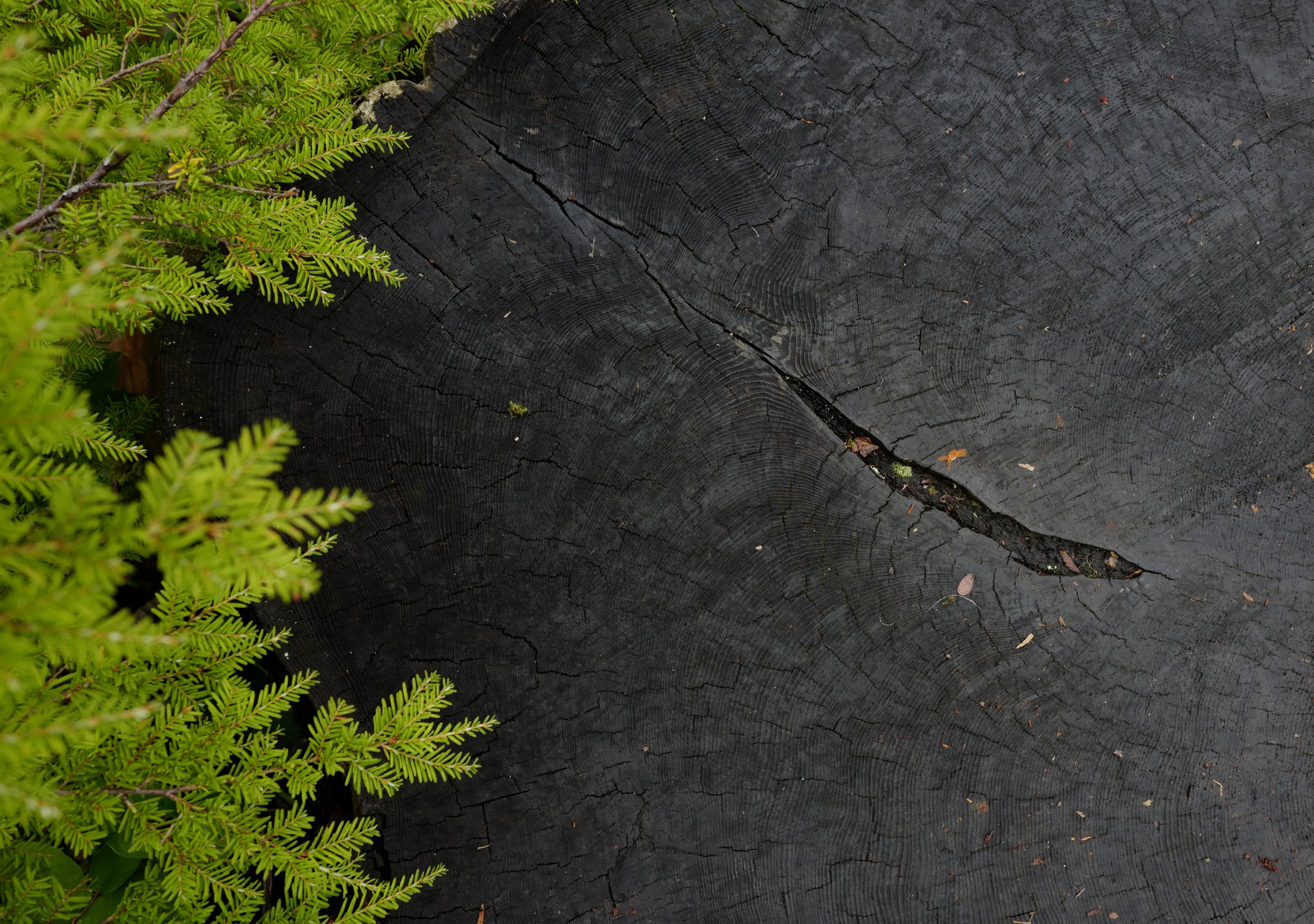
Wilderness Writing Residency
The Wilderness Writing Residency is a ten-day, in-person residency in Port Renfrew, British Columbia, for non-fiction writers working on a magazine feature or book project on a theme related to the natural world.
Surrounded by inspiring jagged coastline and old-growth forest, writers will use the solitude for uninterrupted work while also partaking in group work with fellow writers and faculty editors.
-

Space
Accommodation will be provided by the residency in the form of a self-contained, one-bedroom cabin within the Wild Coast Cottage development in Port Renfrew.
-

Time
Residents will have ample time to focus on writing and shaping their manuscript in a spectacular setting.
-

Support
Faculty editors will offer support, mentorship, and editorial feedback through one-on-one meetings and manuscript consultation with residents.
Write the wild
Writers will critique and challenge ideas of wilderness and nature, and examine our complicated relationships within these complex, thorny terms.
faculty editors
-
Harley Rustad is the bestselling and award-winning author of Lost in the Valley of Death: A Story of Obsession and Danger in the Himalayas (2022) and Big Lonely Doug: The Story of One of Canada’s Last Great Trees (2018), both of which were nominated for and won several awards. He has written for publications including Outside, the Guardian, the Globe and Mail, and Geographical. As a senior editor at The Walrus magazine, he was awarded Editor Grand Prix at the 2024 National Magazine Awards. A fellow of the Royal Geographical Society and the Royal Canadian Geographical Society, Harley is originally from Salt Spring Island, British Columbia, and lives in Toronto with his family.
-
Kate Harris is the author of the bestselling travel memoir Lands of Lost Borders: Out of Bounds on the Silk Road (2018), which won the RBC Taylor Prize, the Boardman Tasker Prize, the Rakuten Kobo Emerging Writer Prize, and the Edna Staebler Award, among others. Her writing has appeared in Granta, Outside, The Walrus, and The Georgia Review, with citations in Best American Essays and Best American Travel Writing. When she isn’t away reporting on United Nations environment and development negotiations for the Earth Negotiations Bulletin, she lives off-grid in a log cabin on Taku River Tlingit territory in Atlin, British Columbia, with some stints in Toronto with her partner.
Residency details
-
Accommodation will be provided by the residency at no cost to the writer in the form of a self-contained, one-bedroom cabin within the Wild Coast Cottage development in Port Renfrew.
-
Residents will need to cover most of their own food costs but some group meals will be provided by the residency. More details will be provided.
-
Residents will be required to arrange travel to Port Renfrew at their own expense. Grants through the Canada Council for the Arts are available to support travel to attend residency programs.
-
Residents will partake in at least one group session to workshop work-in-progress with peers and faculty, offering and receiving feedback within the group.
-
A guided excursion to some of the most storied forests and trees in the area.
-
The Wilderness Writing Residency is open to applications from writers of all levels and backgrounds, but preference will be given to emerging writers.
-
Residents must be 18+ at the time of the program start date. International applications are welcome but we are unable to assist with visas.
-
$200, due upon acceptance into the residency.
-
If a resident needs to cancel within 20 days of the start of the program, the program fee will be non-refundable.
Apply for 2025
The Wilderness Writing Residency 2025 will run from February 24 (arrival) to March 7 (departure).
Applications are now closed.





